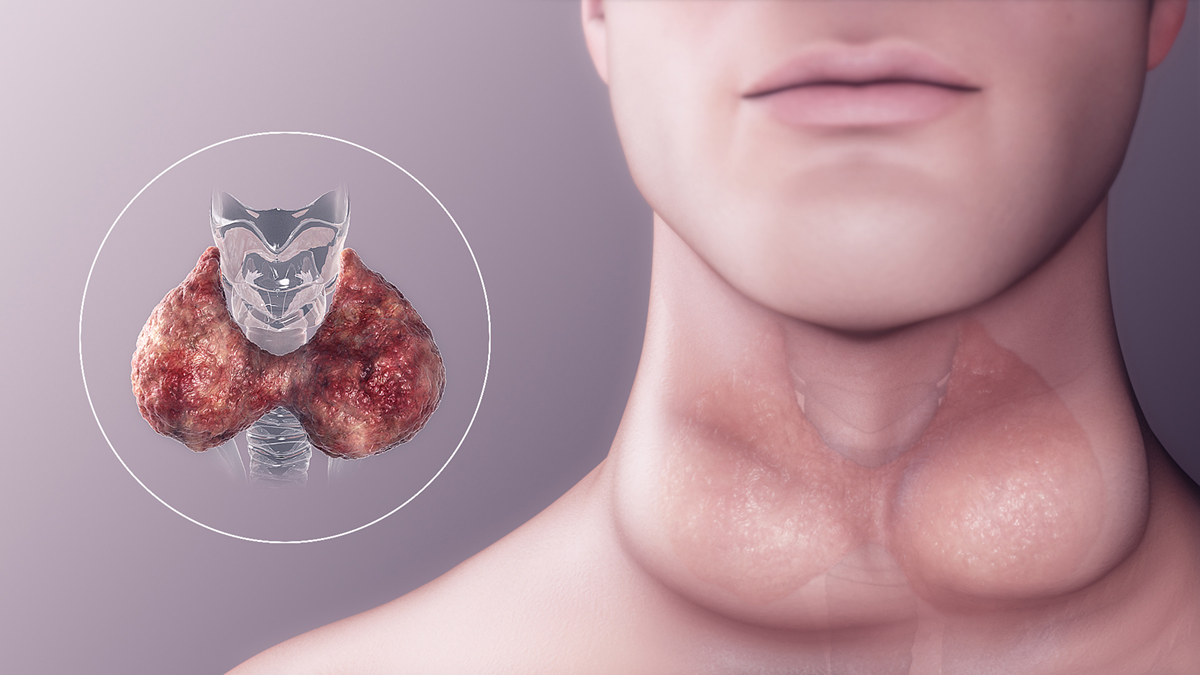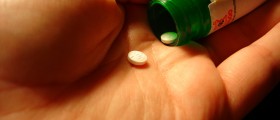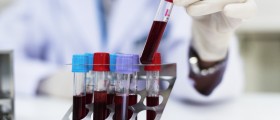
What Is Hypothyroidism?Hypothyroidism is a condition characterized by deficiency of thyroid hormones. This thyroid problem occurs when the thyroid gland becomes under-active and fails to produce enough thyroid hormones. Lack of thyroid hormones affects metabolism and normal physical and mental development.
Hypothyroidism can be caused by an autoimmune disease or develop as a side effect of hyperthyroidism medications and treatments. Poor functioning of the thyroid gland can cause a variety of symptoms. This includes weakness, weight gain, brittle nails, hair loss, clammy skin, cold sensitivity, depression, irritability, constipation, decreased sex drive and abnormal menstrual cycle in women.
Treatment for HypothyroidismHypothyroidism can be managed with life-long therapy. Treatment for hypothyroidism involves the use of prescription medications to relieve the symptoms of the disease and increase production of thyroid hormones.
Medications for HypothyroidismA doctor will order several tests before he decides what treatment will be used for hypothyroidism. This includes thyroid tests that measure levels of thyroid stimulating hormone (TSH) and thyroxine (T4). Cholesterol levels are sometimes also measured.
Thyroid Replacement TherapyFor patients with high TSH (10mU/L and above) and low T4 levels, thyroid replacement therapy is the first line treatment for underactive thyroid. Thyroid replacement therapy, in either synthetic or natural form, is given to supply the body with replacement thyroid hormones since the gland fails to produce enough. Initially the patient will be treated with synthetic thyroid hormone called levothyroxine sodium (Synthroid, Levoxyl or Levothroid).
Natural Thyroid HormoneThe patient may also use a prescription natural thyroid hormone obtained from the dried animal thyroid glands, like Armor thyroid, to stimulate secretion of thyroid hormones. Natural thyroid hormone is favored by some practitioners as it contains both T3 and T4 and is associated with less autoimmune risk factors. However, this natural treatment is no longer commonly recommended due to lack of evidence of a drug’s effectiveness.
T3 and T4 CombinationThyroid hormone triiodothyronine (T3) is generally not used in treatment of hypothyroidism because majority of patients respond well to T4 alone, which is in the body converted into T3. Combined drugs containing T3 and T4 are available but they are not more effective than just T4. Levothyroxine Regimens
Levothyroxine is taken once a day. In adults, the first positive results usually appear after around 6 weeks, but some patients experience improvement of symptoms in a couple of weeks. Starting dosage is 50 micrograms per day and it is gradually increased until the tests show normal levels of thyroid hormones. A maintenance dosage is around 112 mgs.
Hypothyroidism medications can cause side effects if taken in excess dose or if doses are missed. These side effects include palpitations, nervousness, insomnia, diarrhea, too much weight loss, sensitivity to heat and osteoporosis.



-During-Pregnancy_f_280x120.jpg)
-In-Infants-And-Older-Children_f_280x120.jpg)












Your thoughts on this
Loading...